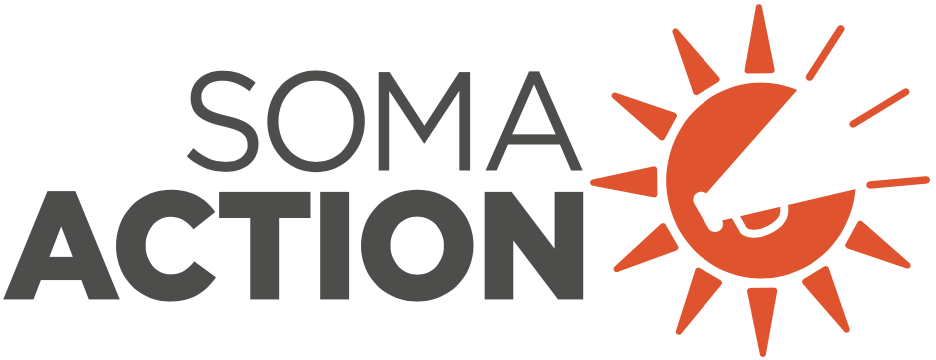Eco-friendly leaf management
Every fall, your garden offers you a resource to improve your soil and plant health that is free of charge. Allowing leaves to decompose under the plants where they originate closes the natural nutrient-cycle and reduces the amount of additional fertilizer that may be needed to create the best possible growing conditions in your yard. In addition to enriching the soil, leaving the leaves in your yard helps keep them out of storm drains, which can reduce the risk of flooding, improve water quality, and benefit wildlife. Leaving the leaves also creates overwintering sites for pollinators by providing shelter and food so that they can complete their life cycles.
Consider the following eco- and pollinator-friendly tips for your own yard this fall:
-
Backyard wildlife rely on leaf litter for food, cover, and nesting material. The eggs, cocoons, larvae, or adults of most insect species overwinter in fallen leaves before emerging in the spring. Insects in any of these developmental stages are the major food source for birds and mammals.
-
A mulching mower is recommended but not required. Simply mow over fallen leaves (twice if using a regular mower) and leave them in the grass. Mulched leaves are natural fertilizer and improve your soil quality as they biodegrade, disappearing from the lawn by spring. Mulched leaves also slow the occurrence of weeds – thus reducing the need for chemical herbicides and saving you money – and conserve water by improving the soil’s water holding capacity.
-
Combine fallen leaves with grass clippings and other “green material." Store them in the readily available 30-gallon paper lawn and leaf bags to keep them from being blown or washed away by heavy wind and rain. You’ll have nutrient-rich compost to add to your garden next spring.
-
Native bees lay eggs in the hollow stems of plants. Other insects burrow into plant stalks to overwinter or overwinter in seed heads. Birds also rely on seed heads during the winter – both for feeding on the seeds and for the tiny insects inside.
-
Pesticides often have unintended consequences; they harm beneficial insects, and when diluted and carried away by stormwater runoff, pollute our streams and ponds.
-
Gas-powered garden tools emit up to five percent of the nation’s air pollution. In fact, according to the U.S. Environmental Protection Agency, "One gas-powered lawn mower emits 11 times the air pollution of a new car for each hour of operation.” Leaf blowers damage our hearing, stir up dust, create fumes, and sandblast wildlife.
-
Native plants co-evolved with our native insects, which often depend on single species as their host plants for food in the fall and winter and to lay their eggs and mature in the spring and summer. These native plants and insects are the foundation of the local food web.
Tips adapted with permission from the Westfield Green Team.
Additional Resources:
Pro-Tips for Leaving the Leaves (National Wildlife Federation blog)


